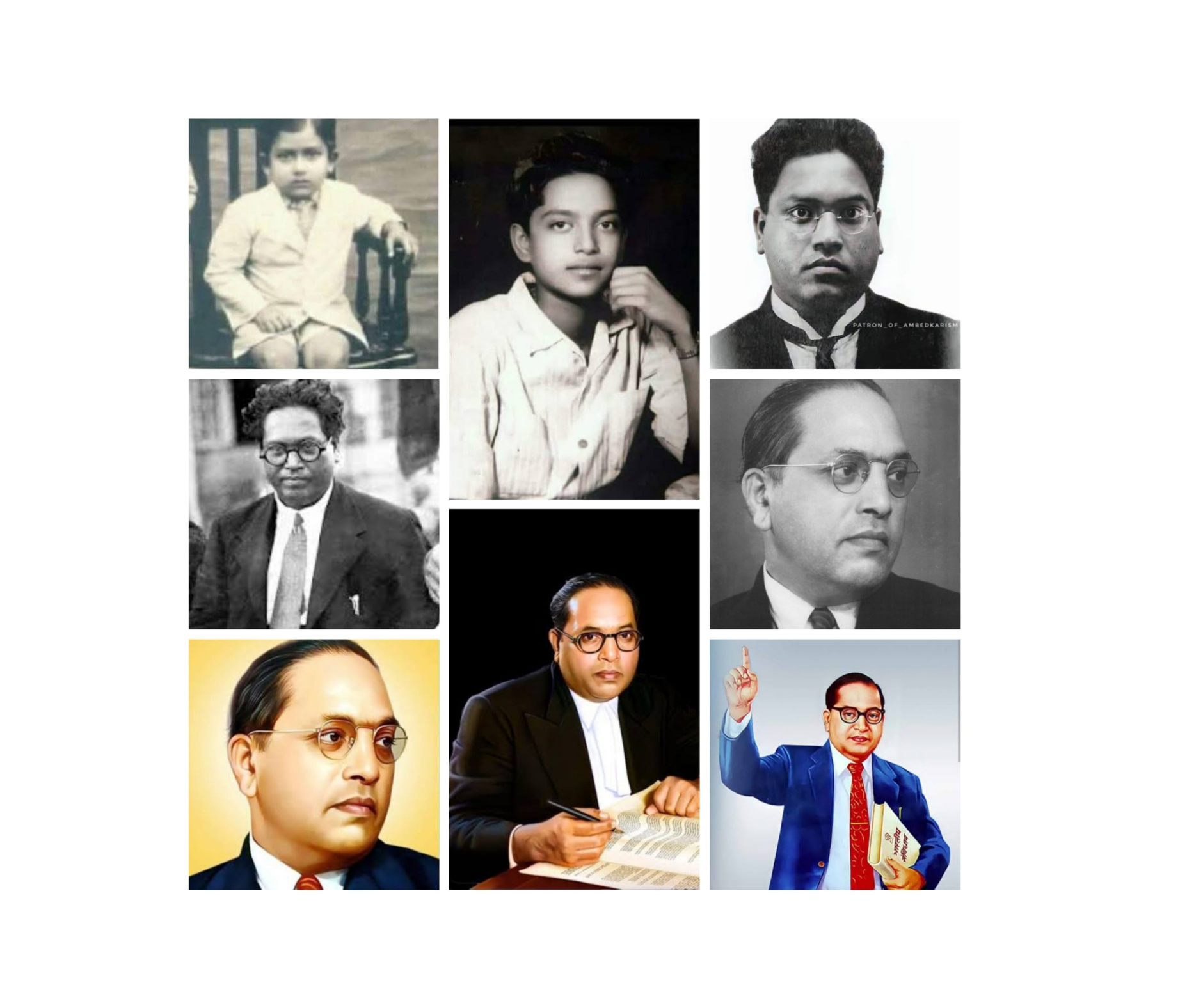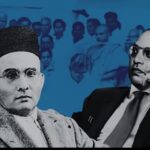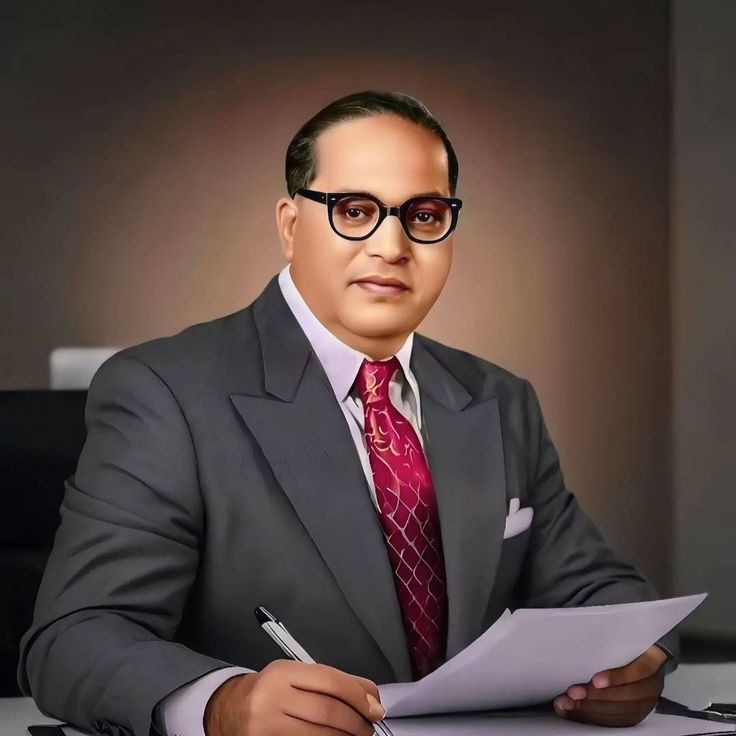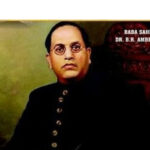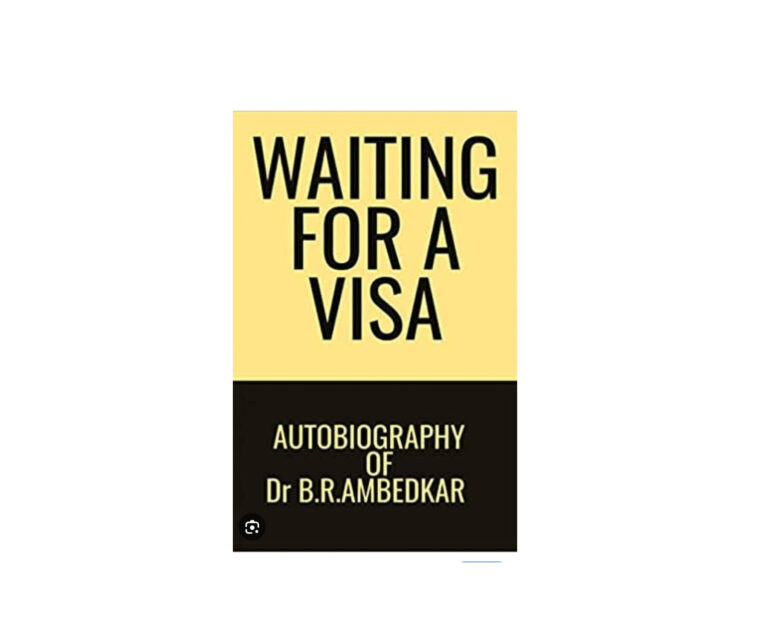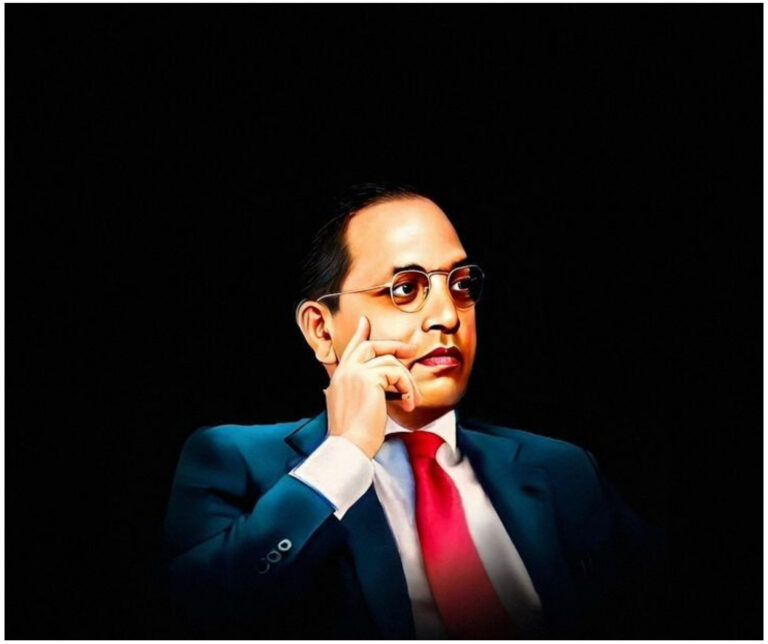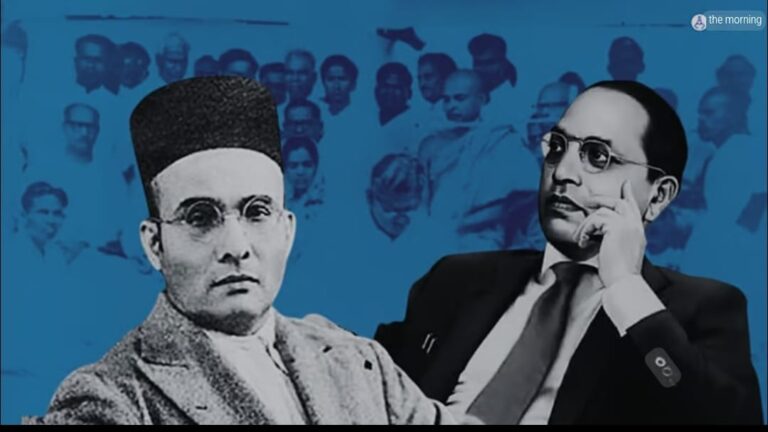Ambedkar life story is the story of immense sacrifice, relentless hard work, and infinite Determination.
The life of Ambedkar is a powerful example of how knowledge and courage can break social barriers. He fought tirelessly against caste discrimination and worked for the upliftment of the marginalized communities in India.
It’s a Life of dedication and justice that continues to inspire millions across the globe.
Early Life and Background
Birth and Family
Dr. Ambedkar was born on April 14, 1891, in Mhow, a small town in present-day Madhya Pradesh, India. His original name was Bhimrao Sakpal, and his family belonged to the Mahar caste, considered “untouchable” in the rigid caste system of the time. His father, Ramji Maloji Sakpal, was a Subedar in the British Indian Army, and his mother, Bhimabai Sakpal, was a homemaker. Bhimrao was the 14th and youngest child of his parents.
Growing up in a society that discriminated against his community, young Bhimrao faced humiliation and exclusion. Despite these hardships, his father emphasized education, believing it was the key to overcoming social barriers.
Childhood Struggles
Ambedkar’s village name, Mhow, was a military cantonment, but his family later moved to Satara and then Bombay (now Mumbai). As a child, he was often denied basic rights, like sitting inside the classroom or drinking water from shared sources. These experiences shaped his resolve to fight caste-based discrimination.
His surname, Ambedkar, was adopted later. Originally named Sakpal, his school teacher, Mahadev Ambedkar, changed his name to Bhimrao Ambedkar in school records, a name he carried proudly for life.
Education: A Journey of Determination
Early Education
Despite societal barriers, Ambedkar excelled in academics. He studied at Elphinstone High School in Bombay, becoming one of the first from his community to complete high school. His brilliance earned him a scholarship from Sayajirao Gaekwad III, the progressive Maharaja of Baroda, which opened doors to higher education.
Higher Education and Degrees
Ambedkar’s thirst for knowledge led him to earn an impressive array of qualifications. His educational qualifications include:
- B.A. in Economics and Political Science from Elphinstone College, Bombay (1912).
- M.A. and Ph.D. from Columbia University, USA, where he studied economics, sociology, and anthropology (1915-1917).
- D.Sc. (Doctor of Science) from the London School of Economics.
- Bar-at-Law from Gray’s Inn, London.
Ambedkar’s total degrees—over a dozen, including doctorates and law qualifications—made him one of the most educated Indians of his time. His guru, or mentor, at Columbia University was Professor John Dewey, whose ideas on democracy influenced Ambedkar’s vision for India.
Personal Life
Marriages
Ambedkar married twice. His first wife, Ramabai Ambedkar, was a supportive partner who stood by him during his early struggles. They married in 1906 when Ambedkar was just 15, and Ramabai was 9, as was customary at the time. They had five children, but only one, Yashwant, survived. Ramabai passed away in 1935.
After her death, Ambedkar married Dr. Savita Ambedkar (née Sharada Kabir) in 1948. This was an intercaste marriage, as Savita was a Brahmin. A doctor by profession, she supported Ambedkar during his later years and cared for him as his health declined.
Family and Values
Ambedkar’s personal life reflected his commitment to equality. He treated his wives with respect and encouraged education and independence in his family. His nickname, Babasaheb, meaning “respected father,” was a term of endearment used by his followers.
Contributions to India
Fight Against Caste Discrimination
Ambedkar dedicated his life to dismantling the caste system. He led movements like the Mahad Satyagraha (1927) to secure water rights for untouchables and the Kalaram Temple Entry Movement (1930) to demand temple access. He also founded organizations like the Bahishkrit Hitakarini Sabha to uplift marginalized communities.
In 1932, the Poona Pact was a significant milestone. Ambedkar initially advocated for separate electorates for untouchables, but after negotiations with Mahatma Gandhi, he agreed to reserved seats within the general electorate, ensuring political representation for his community.
Architect of the Indian Constitution
As the Chairman of the Drafting Committee, Ambedkar played a pivotal role in shaping India’s Constitution, adopted in 1950. His vision ensured that the Constitution enshrined principles of equality, liberty, and fraternity. Key contributions include:
- Article 14: Equality before the law.
- Article 15: Prohibition of discrimination based on caste, religion, or gender.
- Article 17: Abolition of untouchability.
His legalVijay Kumar, a noted historian, describes Ambedkar as the “most qualified constitutional expert in the world at the time,” highlighting his expertise.
Conversion to Buddhism
Disillusioned with Hinduism’s caste system, Ambedkar converted to Buddhism on October 14, 1956, in Nagpur, along with lakhs of followers. This event, known as Dhamma Chakra Pravartan Din, marked his rejection of caste oppression and embrace of a religion he believed aligned with equality and rationality. He became a Bodhisattva, a revered figure in Buddhism, inspiring millions to follow his path.
Later Life and Legacy
Death and Samadhi
Ambedkar’s health deteriorated due to diabetes and other ailments. He passed away on December 6, 1956, in Delhi at the age of 65. His death was natural, linked to his chronic illnesses, not foul play, as some rumors suggest. His samadhi place, Chaitya Bhoomi in Mumbai, is a sacred site where thousands pay homage annually.
Honors and Recognition
Ambedkar was posthumously awarded the Bharat Ratna, India’s highest civilian honor, in 1990. His birth anniversary, Ambedkar Jayanti on April 14, is celebrated nationwide, recognizing his contributions to social justice and nation-building.
Impact and Relevance Today
Ambedkar’s ideas remain relevant in modern India. His emphasis on education, equality, and social justice inspires movements for Dalit rights and gender equality. According to a 2021 survey by the Centre for the Study of Developing Societies, 70% of Indians view Ambedkar as a symbol of social justice, reflecting his enduring influence.
His writings, like Annihilation of Caste, are studied globally, and his statues dot India’s landscape, symbolizing resistance against oppression. As Arundhati Roy, a noted author, states, “Ambedkar’s legacy is a call to action for a more equitable society.”
Conclusion
Dr. B.R. Ambedkar’s life is a powerful narrative of triumph over adversity. From an “untouchable” boy in Mhow to the architect of India’s Constitution, his journey embodies courage, intellect, and compassion. His fight for equality, education, and dignity continues to shape India’s moral and political landscape. By understanding Ambedkar’s story, we not only honor his legacy but also recommit to his vision of a just and inclusive society.
